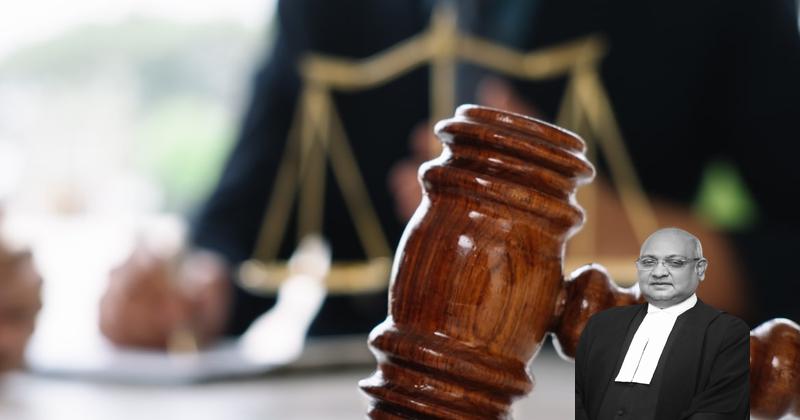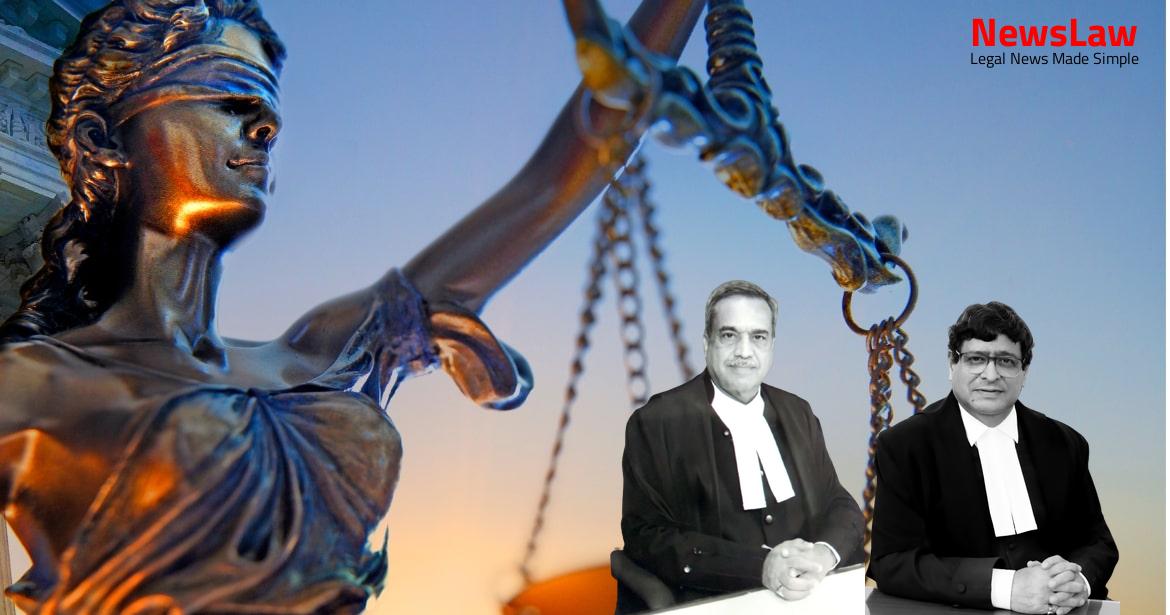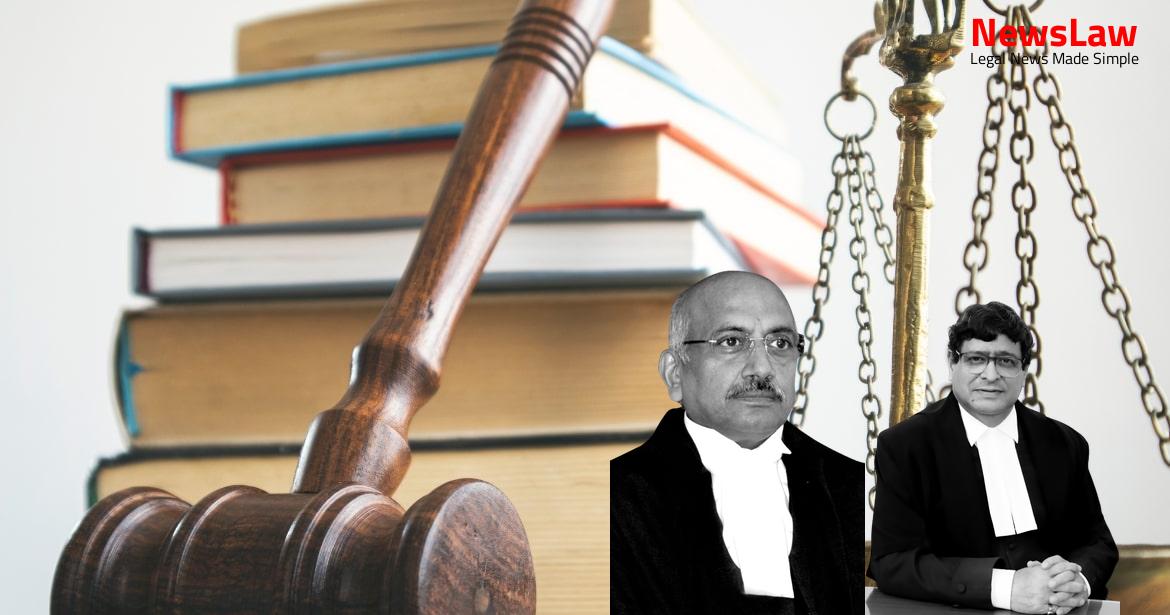By the order impugned, the Appellate Tribunal, while dealing with an appeal against the order dated 25.03.2022 passed by the National Company Law Tribunal, 2 New Delhi – Court VI, in admitting an application under Section 7 of the Insolvency and Bankruptcy Code, 2016, has issued a slew of directions which practically have the effect of converting the corporate insolvency resolution process in question into a “project -wise insolvency resolution process” inasmuch as the constitution of committee of creditors has been restricted only to one project named “ Eco Village-II ” of the corporate debtor, who is dealing in real estate and has several ongoing projects. Having regard to myriad issues involved and the fact that final disposal of the appeals is likely to take time, we have heard the learned counsel for the parties as regards interim relief and/or interim arrangement, particularly after taking note of the fact that in terms of the direction of NCLAT, certain offers were received from the prospective resolution applicants. The corporate debtor is a real estate company engaged in construction of various projects, mostly in the National Capital Region, which received credit facilities from Union Bank of India by way of sanction letter dated 19.10.2013/16.12.2013, in the sum of Rs. In the impugned order dated 10.06.2022, the Appellate Tribunal partly modified its order dated 12.04.2022 and issued interim directions, including constitution of CoC for Eco Village Project-II only; the said project to be completed with assistance of ex-management whereas other projects, apart from Eco Village-II, were ordered to be continued as ongoing projects. After constitution of CoC of Eco Village II Project, the IRP shall proceed to complete the construction of the project with the assistance of the ex management, its employees and workmen.
Also Read: https://newslaw.in/supreme-court/constitutionality-of-lotteries-regulation-act-1998/
The IRP shall obtain approval of the CoC which is directed to be constituted for Eco Village II Project and incur all the expenses regarding the said projects and further incur the expenses accordingly. ” Dissatisfied with the interim directions so issued by the Appellate Tribunal, the appellants, financial creditors of corporate debtor, have filed appeals before this Court, essentially challenging the adoption of reverse CIRP by the Appellate Tribunal and limiting the CIRP and constitution of CoC to only one project of corporate debtor, i.e., Eco Village-II.
Therefore, the credit facility extended by the appellant does not get converted to ‘project finance’ allowing resolution through ‘project based insolvency’ mechanism; and the scheme of IBC envisages CIRP of whole corporate entity that is to be carried out only through CoC mandated to be constituted for the corporate debtor as a whole instead of only one of its projects.
It is submitted that the appellant is in favour of the investment being made by any third party on the primary condition that the ex-management is not included for resolution of the corporate debtor.
It has been submitted on behalf of IRP that interim directions issued by the Appellate Tribunal, by way of the impugned order, deserve not to be interfered with; the construction can be monitored by a steering committee which can file reports every quarter; and directions may be issued to initiate efforts to procure interim financing for all of the corporate debtor’s 8 projects, which would include both Eco Village-II and Non-Eco Village II projects. It has been submitted on behalf of other home buyers that the impugned order deserves not to be interfered with and direction may be issued to NCLAT to complete the process of approval and infusion of funds from proposed investor; a Monitoring Committee may be formed in regard to interim arrangement and settlement plan and due diligence report may be circulated for their opinion; and no coercive action to be taken against assets of the corporate debtor. The question, at present, is as to what should be the interim relief/interim arrangement until disposal of these appeals.
: (1986) 3 All ER 772 as under: — “….The principal dilemma about the grant of interlocutory injunctions, whether prohibitory or mandatory, is that there is by definition a risk that the court may make the “wrong” decision, in the sense of granting an injunction to a party who fails to establish his right at the trial (or would fail if there was a trial) or alternatively, in failing to grant an injunction to a party who succeeds (or would succeed) at trial. But since the granting of such an injunction to a party who fails or would fail to establish his right at the trial may cause great injustice or irreparable harm to the party against whom it was granted or alternatively not granting of it to a party who succeeds or would succeed may equally cause great injustice or irreparable harm, courts have evolved certain guidelines.
Being essentially an equitable relief the grant or refusal of an interlocutory mandatory injunction shall ultimately rest in the sound judicial discretion of the court to be exercised in the light of the facts and circumstances in each case.
Another simple but pertinent question would have been concerning the element of balance of convenience; and a simple answer to the same would have further shown that the inconvenience which the importers were going to suffer because of the notifications in question was far lesser than the inconvenience which the appellants were going to suffer (with ultimate impact on national interest) in case operation of the notifications was stayed and thereby, the markets of India were allowed to be flooded with excessive quantity of the said imported peas/pulses.”
11 10.
The result of the directions of the impugned order dated 10.06.2022 is that except Eco Village-II project, all other projects of the corporate debtor are to be kept as ongoing projects and the construction of all other projects is to be continued under the supervision of the IRP with the ex-management, its employees and workmen.
In relation to Eco Village-II project, since CoC was ordered to be constituted by the Appellate Tribunal in the impugned order dated 10.06.2022, we are not interfering with those directions too but, in our view, any process beyond voting on the resolution plan should not be undertaken without specific orders of this Court. The interim direction dated 27.01.2023 by this Court in these matters is modified in the manner that the NCLAT may deal with the offers said to have been received and pass an appropriate order thereupon but, the entire process shall remain subject to the orders to be passed in these appeals.
Case Title: INDIABULLS ASSET RECONSTRUCTION COMPANY LIMITED Vs. RAM KISHOR ARORA (2023 INSC 523)
Case Number: C.A. No.-001925 / 2023



